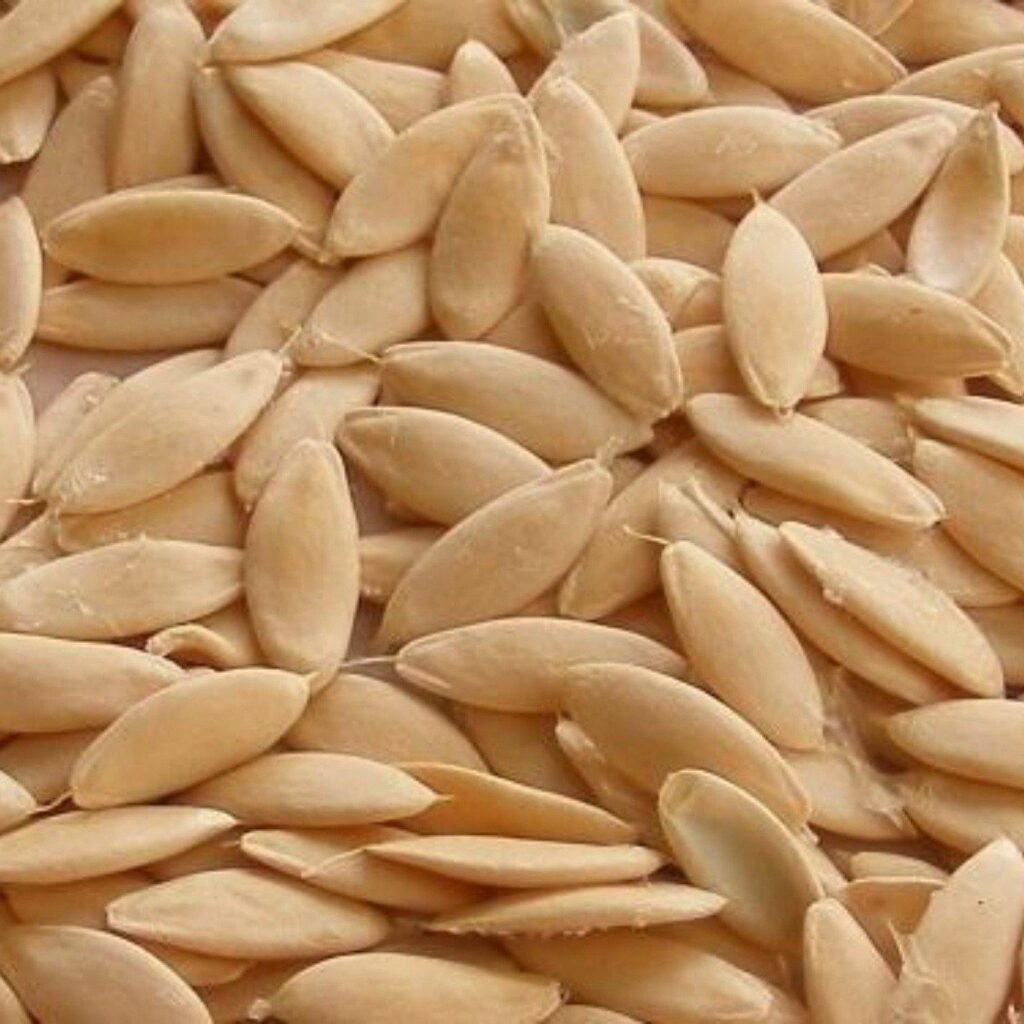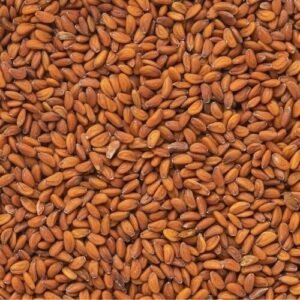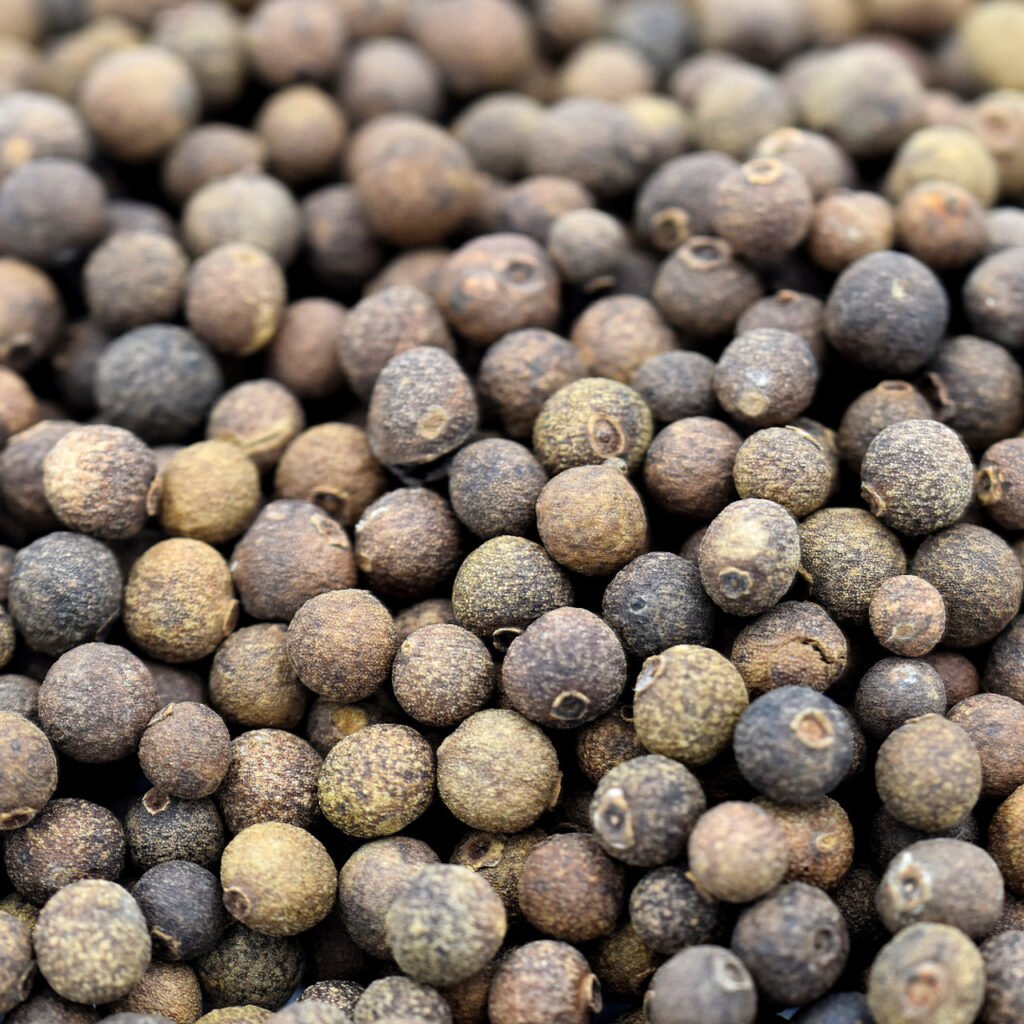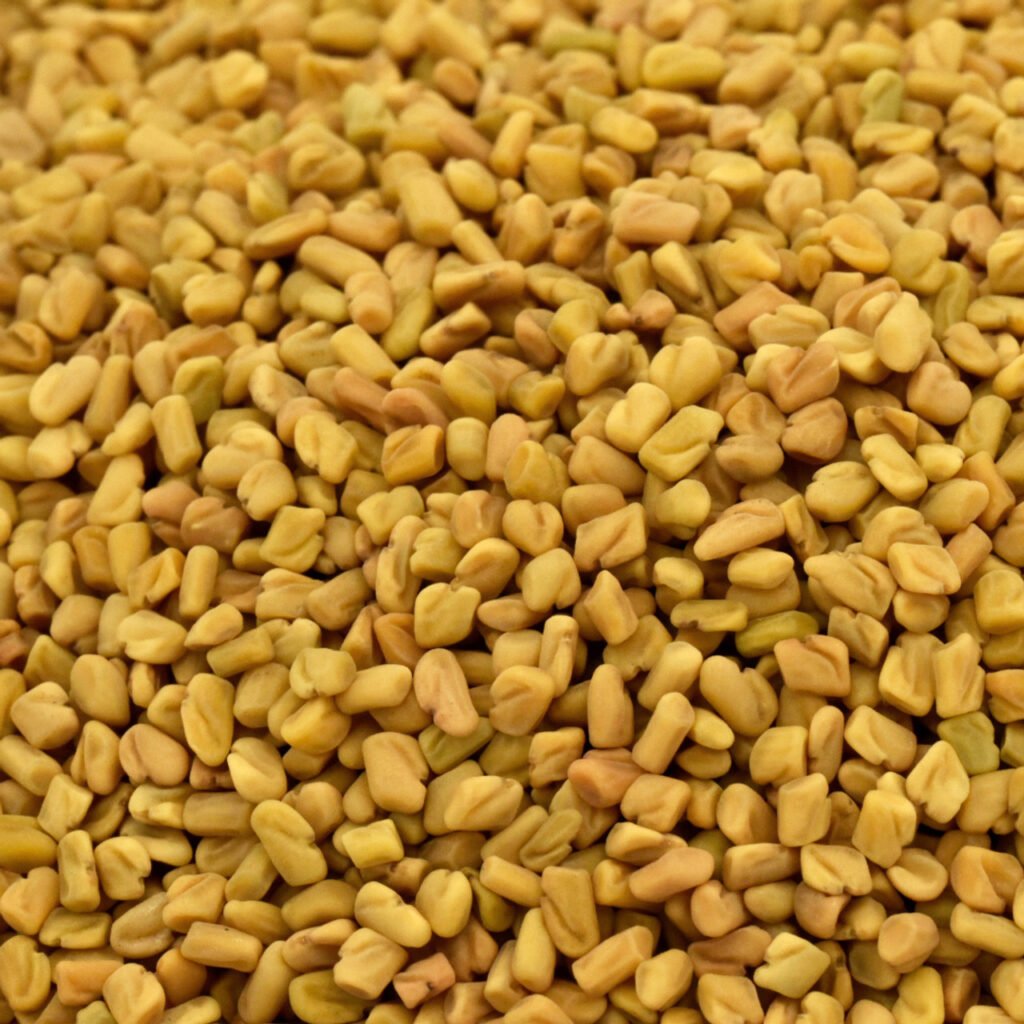Cucumber Seeds
Cucumber is a widely consumed vegetable that is often eaten raw or used in salads, sandwiches, and other dishes. However, most people are unaware of the nutritional benefits of cucumber seeds. Cucumber seeds are not only edible but also packed with nutrients that can improve your health in various ways. In this article, we will discuss the benefits of cucumber seeds and how to incorporate them into your diet.
Introduction
Cucumbers are a popular vegetable that is known for its cooling and refreshing properties. They are often consumed raw or used in salads, sandwiches, and other dishes. However, most people tend to discard the cucumber seeds, not knowing that they are edible and have numerous health benefits.
Cucumber seeds are small, oval-shaped, and vary in color from white to dark green. They are rich in nutrients such as vitamins, minerals, and antioxidants that can improve your health in various ways. In the following sections, we will discuss the nutritional value of cucumber seeds and the benefits they offer.
Nutritional Value of Cucumber Seeds
Cucumber seeds are packed with essential nutrients that provide numerous health benefits. They are a good source of dietary fiber, which promotes digestive health, and are rich in vitamins and minerals such as vitamin B1, vitamin C, iron, and magnesium.
In addition to these essential nutrients, cucumber seeds also contain antioxidants such as flavonoids and tannins that protect your body from harmful free radicals. They are also a good source of plant-based protein, which is essential for building and repairing tissues in the body.
Health Benefits of Cucumber Seeds
Promote Digestive Health
Cucumber seeds are rich in dietary fiber, which promotes digestive health by keeping your gut healthy and preventing constipation. The fiber in cucumber seeds helps to bulk up your stool, making it easier to pass, and also helps to promote the growth of healthy gut bacteria.
Support Heart Health
Cucumber seeds contain compounds such as cucurbitacin and lignans that can help to reduce inflammation and lower cholesterol levels in the body. This, in turn, can reduce the risk of heart disease and stroke.
Boost Immunity
Cucumber seeds are a good source of vitamin C, which is essential for maintaining a healthy immune system. Vitamin C helps to protect your body from harmful pathogens by strengthening your immune system and reducing inflammation.
Improve Skin Health
Cucumber seeds are rich in antioxidants such as flavonoids and tannins that protect your skin from harmful free radicals. These antioxidants help to reduce inflammation, prevent premature aging, and promote healthy skin.
Regulate Blood Sugar
Cucumber seeds contain compounds such as cucurbitacin and polypeptide-p that can help to regulate blood sugar levels in the body. This makes them a good food choice for people with diabetes or those at risk of developing diabetes.
How to Incorporate Cucumber Seeds into Your Diet
Cucumber seeds can be eaten raw or roasted and can be used as a topping for salads, soups, or roasted vegetables. They can also be blended into smoothies or ground into a fine powder and added to baked goods.
o incorporate cucumber seeds into your diet, start by washing and drying the seeds thoroughly. Then, spread them out on a baking sheet and roast them in the oven at 350 degrees Fahrenheit for 10-15 minutes or until they turn golden brown. You can also eat them raw by rinsing the seeds under cold water and eating them as a snack.
Another way to incorporate cucumber seeds into your diet is by blending them into a smoothie. Simply add a tablespoon of cucumber seeds to your favorite smoothie recipe and blend until smooth.
Cucumber seeds can also be ground into a fine powder and added to baked goods such as muffins, bread, and cookies. This is a great way to add extra nutrients to your baked goods while also adding a unique flavor and texture.
Precautions and Side Effects
While cucumber seeds offer numerous health benefits, they can also cause side effects in some individuals. Eating large amounts of cucumber seeds can cause digestive issues such as bloating, gas, and stomach cramps. If you have a history of digestive issues or are sensitive to certain foods, it is best to consume cucumber seeds in moderation.
Cucumber seeds also contain oxalates, which can contribute to the formation of kidney stones in some individuals. If you have a history of kidney stones or are at risk of developing kidney stones, it is best to limit your consumption of cucumber seeds.
Conclusion
Cucumber seeds are a nutritious and delicious food that offer numerous health benefits. They are a good source of fiber, vitamins, minerals, and antioxidants that can promote digestive health, support heart health, boost immunity, improve skin health, and regulate blood sugar levels. To incorporate cucumber seeds into your diet, try roasting them, blending them into a smoothie, or adding them to baked goods. As with any food, it is important to consume cucumber seeds in moderation and be aware of any potential side effects.
- Can you eat cucumber seeds raw? Yes, cucumber seeds can be eaten raw as a snack or added to salads.
- How do you roast cucumber seeds? To roast cucumber seeds, wash and dry them thoroughly, spread them out on a baking sheet, and roast them in the oven at 350 degrees Fahrenheit for 10-15 minutes or until they turn golden brown.
- Are cucumber seeds good for digestion? Yes, cucumber seeds are a good source of fiber, which promotes digestive health by keeping your gut healthy and preventing constipation.
- Can cucumber seeds lower cholesterol levels? Yes, compounds in cucumber seeds such as cucurbitacin and lignans can help to reduce inflammation and lower cholesterol levels in the body.
- Are there any side effects of eating cucumber seeds? Eating large amounts of cucumber seeds can cause digestive issues such as bloating, gas, and stomach cramps. Cucumber seeds also contain oxalates, which can contribute to the formation of kidney stones in some individuals.





